Hi everyone! Today, I’ll be sharing a guest article from literary thriller author, Leonce Gaiter, here on the blog! He’ll be talking about his personal stand on why men are reading less and less fiction novels. I think it’s an interesting point of view and I’m sure y’all will have varying opinions on this. I only hope this’ll bring about a productive and engaging discussion. So read on! (Please note that any of the ideas/beliefs/opinions below are not my own.)
Why Men Opt Out of the Fiction World by Leonce Gaiter
Fewer and fewer men read fiction. They compose only about 20% of the fiction market according to surveys. Some lay this off to genetics, suggesting that the way men’s minds work discourages them from entering into another’s experience the way fiction demands.
“Boys and men are, in general, more convergent and linear in their thinking; this would naturally draw them towards non-fiction,” wrote author Darragh McManus, pondering the question.
Others, like Jason Pinter, suggest that the overwhelmingly female publishing industry simply overlooks books that appeal to men because they fall outside the female experience. In other words, men now suffer the same fate women suffered at the hands of a male-dominated publishing industry for so many years—and payback’s a bitch.
Others suggest that boys are discouraged from reading at a young age by children’s books that fail to engage them. Give them the proper material, the story goes, and young boys will engage with reading. As proof, they point to the fact that young males were principal consumers of the Harry Potter books. “More boys than girls have read the Harry Potter novels, according to U.S. publisher, Scholastic. What’s more, Harry Potter made more of an impact on boys’ reading habits. Sixty-one percent agreed with the statement ‘I didn’t read books for fun before reading Harry Potter,’ compared with forty-one percent of girls.”
I always balked at these rationales because I, and men I know, read fiction all the time. However, thinking on it, I had to admit that I avoid modern fiction like the plague. I have tried the popular plot-thick page-turners and the feel-good tearjerkers and the occasional cause celebre with a literary reputation. So many have left me so cold, that I simply won’t shell out the cash for a paperback or ebook version, much less a hardcover.
Trying to assess what I found lacking in most of the current novels I attempt, I find their utter reliance on the world around them (and me) supremely dull. So many work so hard to place characters in a world I will recognize. Too many work too hard to create characters with which I (or their prime demographic audience) will ‘identify,’ and recognize as someone they could be, or someone they know.
It then made sense that men would ask why they should read something “made up” about this world when there was plenty of factual reading material on that subject. I have never approached fiction to re-visit “this world.” I’m already here. Instead, I want an alternative—a vision of this world exhaled through the writers’ and characters’ hearts, minds and eyes. Exhaled with the distinction of the smell of an individual’s breath. Fitzgerald’s Long Island in The Great Gatsby is his own creation, no kitchen sink recreation. Fitzgerald’s people and prose warp this place into something utterly unique.
Raymond Chandler’s Los Angeles is his distinctive projection of that city. You don’t pick up Jim Thompson’s The Killer Inside Me with the idea of identifying with the protagonist. You don’t grab Faulkner to meet the boys next door or titter with recognition of your kith and kin. You don’t visit Patricia Highsmith or Mary Renault to look in a mirror. You pick them up to enter worlds as fantastical in their way as Harry Potter’s. I read fiction to meet characters I otherwise would not. I read fiction for the larger than life—not a retread of this one. I want to watch and think with characters who are nothing like me, who dare what I never would, who experience in ways that I cannot.
In an article titled, “Why Women Read More Than Men,” NPR quoted Louann Brizendine, author of The Female Brain, suggesting a biological reason why women read more fiction than men:
The research is still in its early stages, but some studies have found that women have more sensitive mirror neurons than men. That might explain why women are drawn to works of fiction, which by definition require the reader to empathize with characters.
Reading fiction does not require that you empathize with characters in the sense of “ascribing… feelings or attitudes present in oneself.” It requires that you regard and grow intrigued by characters such that you may come to a greater understanding of them—perhaps even to the point of empathizing with them. However, you need not imagine yourself as them, or believe that they behave as you or as members of your social circle would. That’s not reading; it’s narcissism.
Perhaps more men stopped reading fiction when fiction stopped regularly presenting unique, literary revisions of this world, and settled for presenting a photographic facsimile such that readers (most of them female) could better “empathize.” Maybe we’re too megalomaniacal and obsessed with grandeur for that, and thus want words recreated and re-imagined, instead of rehashed.
“Shall I project a world,” asks Oedipa Maas in Thomas Pynchon’s The Crying of Lot 49? Somewhere along the line, in tandem with the female domination of the publishing industry and fiction readership, the ideal of doing so fell from vogue. Instead, writers rely more and more on identification with this one. Male readers seem to have checked out.
About the Author:
Leonce Gaiter is a prolific African American writer and proud Harvard Alum. His writing has appeared in the NYTimes, NYT Magazine, LA Times, Washington Times, and Washington Post, and he has written two novels. His newly released novel, In the Company of Educated Men, is a literary thriller with socio-economic, class, and racial themes.
Purchase In The Company of Educated Men on Amazon ・ B&N ・ iBooks
What are your thoughts on Leonce’s perspective on the issue? How can we inspire men to read more fiction?

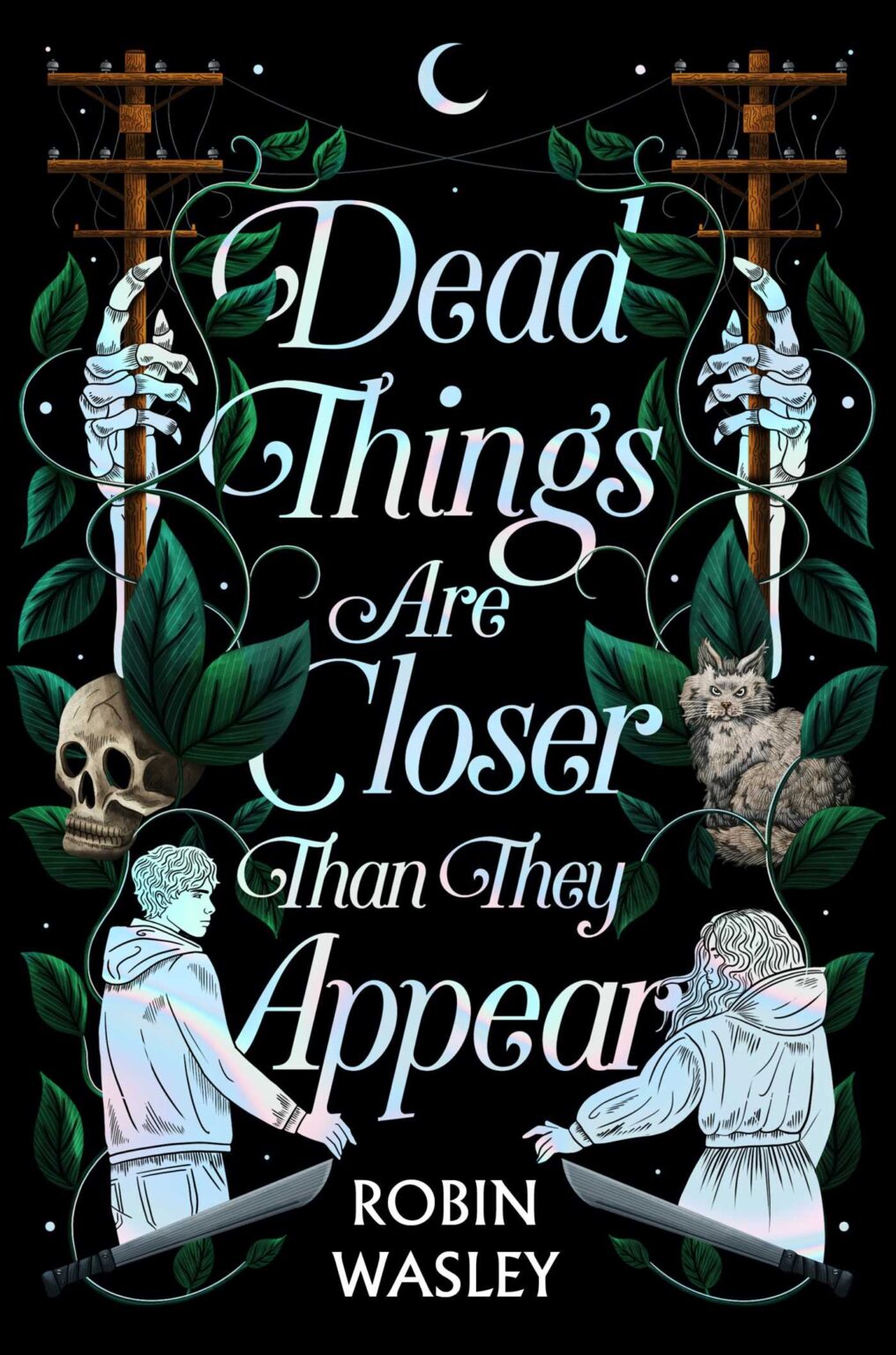
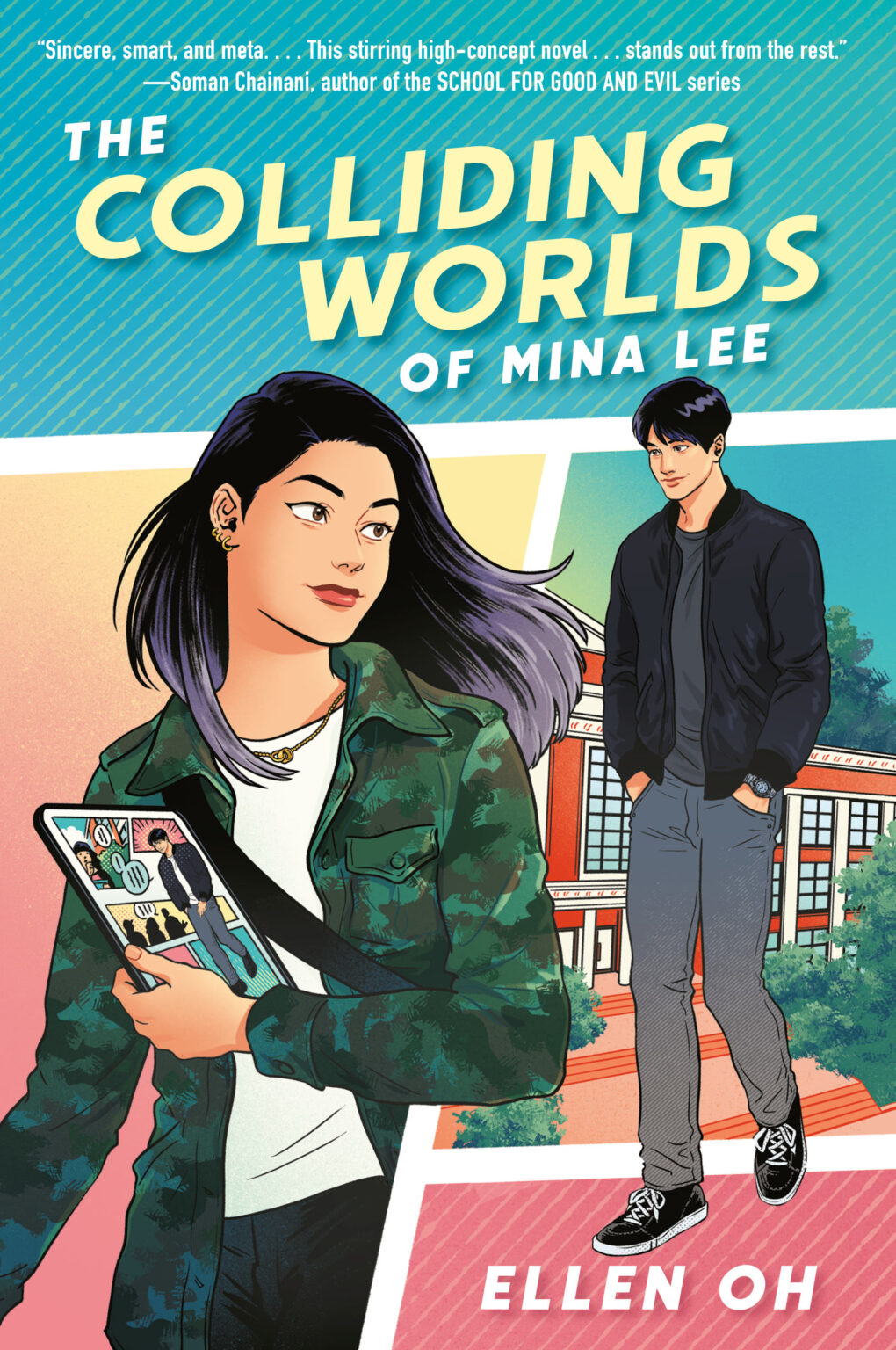
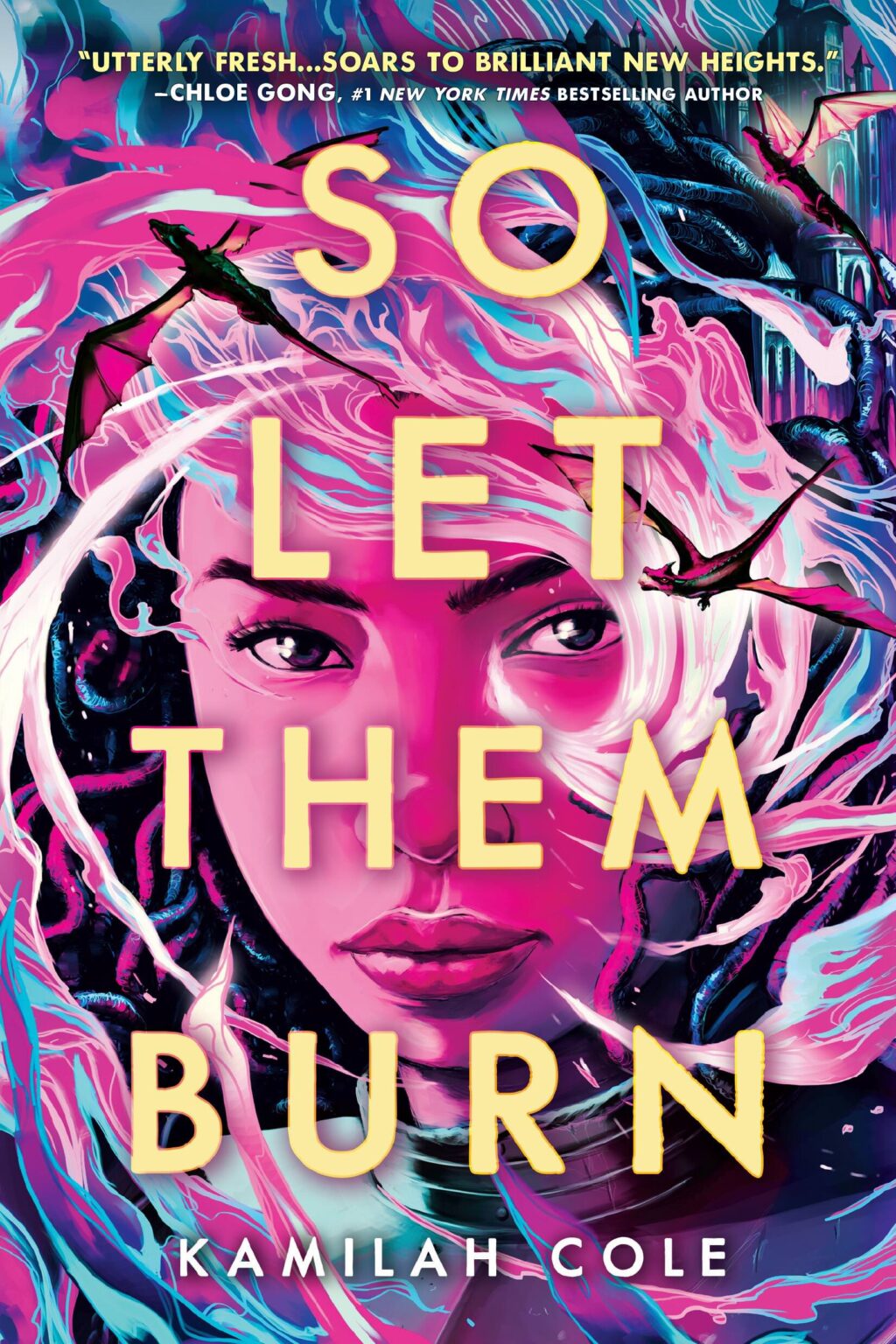

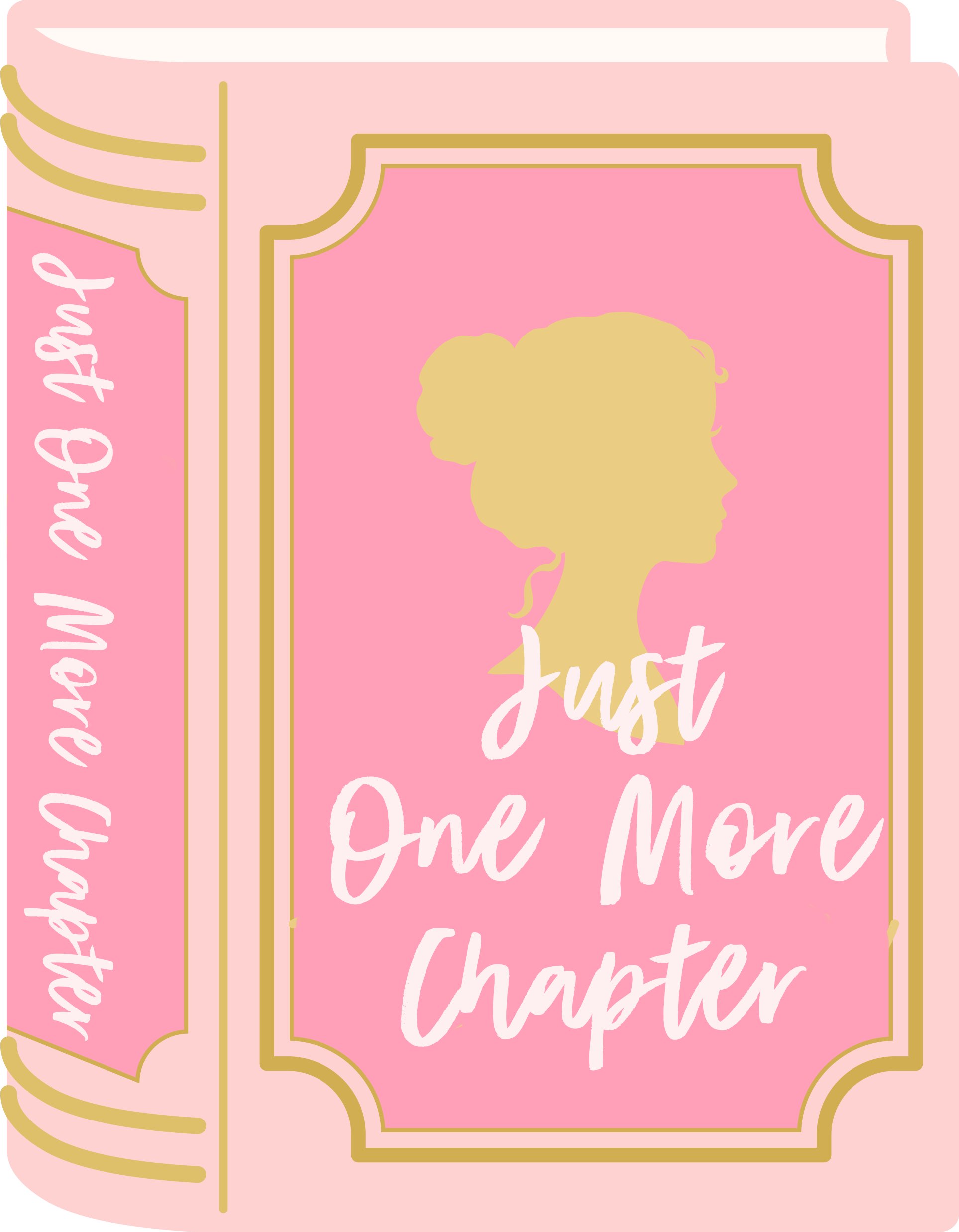

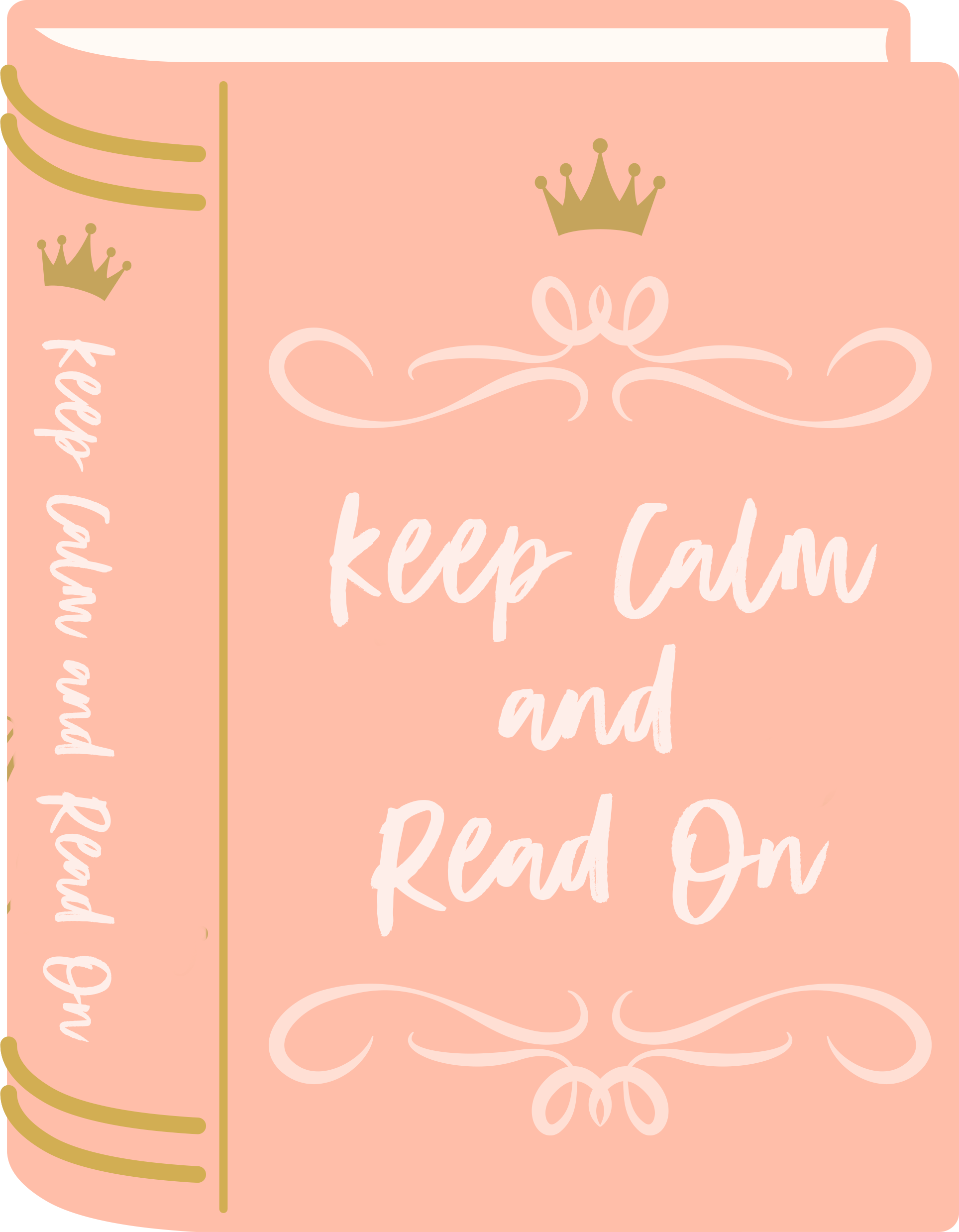
6 Responses
I find that fiction books have more female main characters and men don’t want to read about that.
I didn’t really realize this statistic, my husband, brothers and guy friends all read. I must be part of the lucky few that knows the guys that do!
OK, so, just to be clear: Are we only talking about general/popular fiction right now? Because I don’t see this trend applying to genre fiction (excepting paperback romance) or graphic novels. In my experience, SFF, thrillers, and comics tend to skew male in overall readership, and mysteries and manga seem fairly gender neutral. That’s just my experience as a librarian in a particular place at a particular time, though, so YMMV and Big Official Statistics may have something different to say. And that’s to say nothing of highfalutin “literary” fiction, which is dominated by Y-chromosome types.
I hesitate to assign biological reasons to this sort of general trend of behavior… “boys don’t read fiction because their brains don’t like it” sounds awfully close to “girls don’t get math because their brains don’t like it” and it makes me cringe. I think the reason may have as much or more to do with cultural conditioning/expectations than with genetics.
Completely agreed, these were my thoughts when reading this article.
Well this was an interesting read and I have to say I agree with you (Leonce Gaiter) on most parts. I mean, guys do tend to read a lot of nonfiction, however that isn’t to say lots of men don’t read fiction. Is it the linear approach men have, or the lack of mirror neurons that make them choose nonfiction over fiction? I don’t think so. I mean science-fiction/fantasy were always male-popular genres, guys read comics and graphic novels by the minute! And I guess that’s where the whole seeking fiction in order to enter a new world comes from, Guys seek escapism in fiction and when they don’t get it, the books seem dissatisfying. And I can understand that, mental health is a big problem for men and there’s also the alarm over how they age faster than women because of stress and the implications of holding a whole life up on their shoulders. Perhaps that’s what makes it natural for men to seek escapism in fiction.